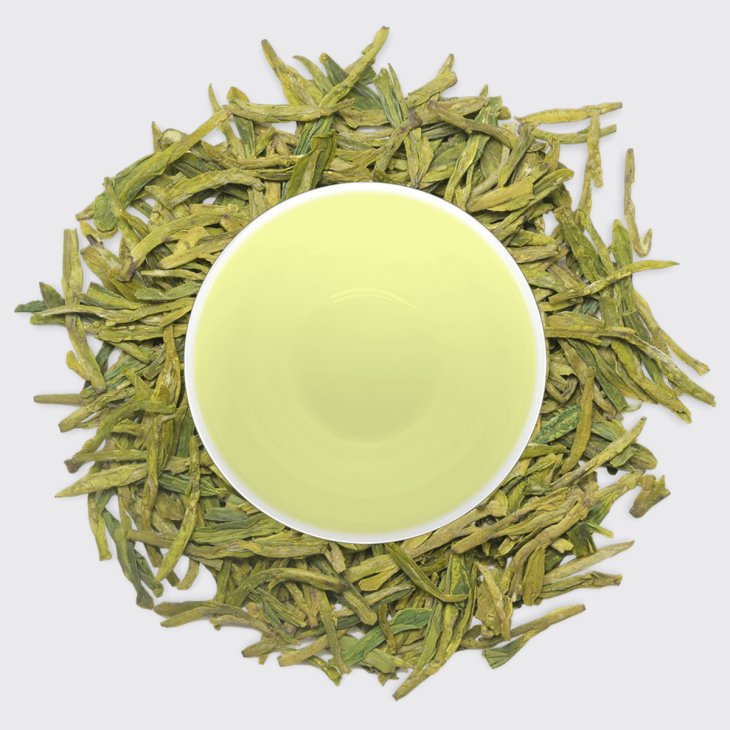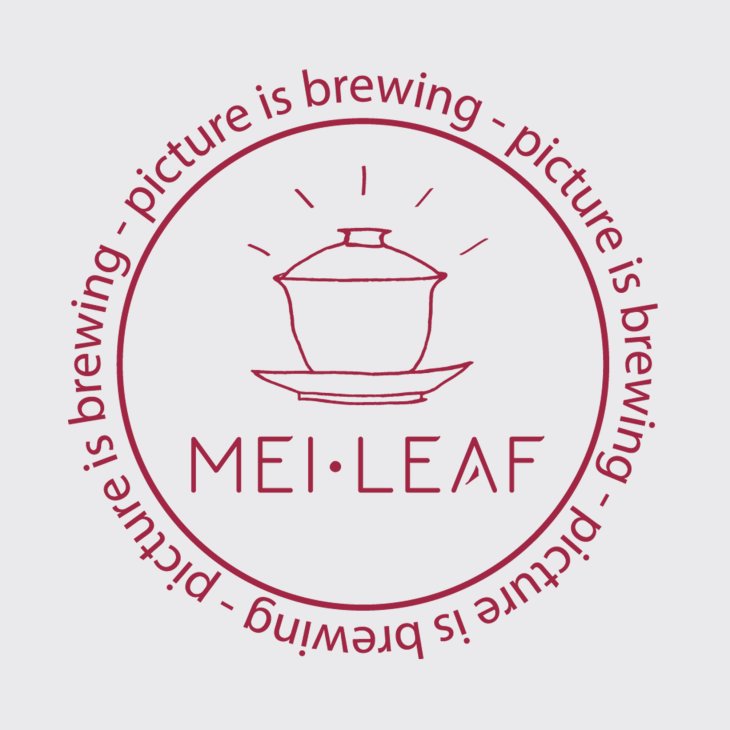Authentic, Ming Qian Xihu (West Lake) Long Jing, produced in Mei Jia Wu. An exemplary tea which pairs lightness with richness and brightness with depth.
It has been many years since we sourced a Long Jing (aka Dragonwell) from Xihu despite its famous reputation. In all of our blind tastings, we have found that Xihu teas do not perform that much better than other Zhejiang Long Jings to justify their high price tag. So we have sourced our Long Jing from other excellent locations in Zhejiang.
This tea captured us as soon as we sampled it - a star quality that we could not forget or ignore. Before diving into this, let's briefly catch up about Long Jing terroir.
Xihu vs Zhejiang Long Jing
Long Jing is one of China's most famous Green teas and must be produced in Zhejiang province. This protected designation means that any similar tea being produced outside of Zhejiang should only be called 'Long Jing Style' tea.
Long Jing is broadly divided into two categories - Zhejiang and Xihu. Zhejiang Long Jing is any tea made in one of the province's excellent growing areas. Xihu Long Jing is tea produced in the original core area for production called Xihu (West Lake) which is right next to Hangzhou. Xihu Long Jing can be further divided into the specific small part of Xihu where it is produced. Traditionally these are five locations (Lion, Tiger, Plum, Cloud and Dragon) but nowadays you may hear other names of villages (such as Weng Jia Shan, Hu Pao, Yunqi, Long Wu, Shi Feng and Mei Jia Wu).
All of Xihu Long Jing is highly sought after and high in price with the two most prized locations being Shi Feng and Mei Jia Wu (but this is all a matter of taste of course). Why is Xihu tea so much more expensive? A variety of reasons. Firstly, the terroir is the origin of Long Jing - the soil, climate and microclimate are all perfect for this tea. Secondly, the reputation of Xihu and the history of making Long Jing in this area means that the producers tend to be very knowledgable, highly skilled with premium quality standards demanded from their tea. Lastly, the price of Xihu Long Jing is inflated by its name tag and limited supply.
How do you know if your Long Jing is authentic Xihu material? I see a LOT of tea being sold with the 'Shi Feng' designation (as this is the most famous area of Xihu). It is simply impossible for Shi Feng to produce the amount of tea that would supply all of these shops - I have spent a lot of time in Shi Feng and it really is small! Also, the price tag of some of these 'Shi Feng Long Jing' teas are impossibly low. In fact, if you see any Shi Feng being sold for less than $1.5/gram ($45/oz) then I would be highly suspicious. Fakery has become such a problem that the local governments now supply barcodes for Xihu villages to place on their retail products to confirm authenticity.
But is Xihu Long Jing worth the price? This of course depends on the client - their wealth, their taste for Long Jing and the value that they place on the Xihu branding.
In over 20 years of sourcing this tea and blind tasting, it is my opinion, that the high quality of Xihu Long Jing is generally not worth the extra price when compared with other pinnacle grade Zhejiang Long Jing, based simply on taste. Certainly, you are more likely to taste a delicious Long Jing if you buy a Xihu production but, with careful sourcing, you can find tea from other areas which more than matches Xihu quality and at a vastly more attractive price.
So why did we source this Long Jing Supreme?
Our Long Jing Supreme
This Mei Jia Wu Long Jing has something special - a dynamic quality that is hard to describe and impossible (for me) to ignore.
The aromatics and taste are supremely balanced, bright and clear. They show off all that we love about Long Jing - the roasted beans and chestnut warmth, the rice and grain rounded sweetness, the freshness of alpine air, the floral spice of magnolia, the candied lemon sweet finish. It is a perfectively harmonious Long Jing - deep and rich yet bright and clear.
But the taste alone does not make that star quality which made us source this tea. There is a movement in the mouth of both texture and taste which is the beguiling aspect of this tea.
First, the texture transforms in the mouth from a soft and supple liquor to a brief side-of-the-tongue tingle before opening up into a vaporous rising character (reminiscent of top grade Yan Cha). This rich aromatic vapour persists long after swallowing and eventually settles to a tingly energy on the tongue with a flooding sweet juiciness.
Secondly the movement of the taste seems to dance perfectly with this shifting texture. From deep, savoury-sweet and brothy notes, to a little spicy floral bite before opening to alpine and melon sweet aromatics and settling with a candied lemon, enduring sweetness.
This synchronised dance between the shifting taste and the shifting texture is, I think, what has made me fall for this tea. I still find it hard to describe fully with words and often times the experience that turns a pinnacle tea into a star tea is too ephemeral to define. But I hope that, if you treat yourself to this Long Jing, you will experience a similar, beyond-words, enjoyment in your session.



















